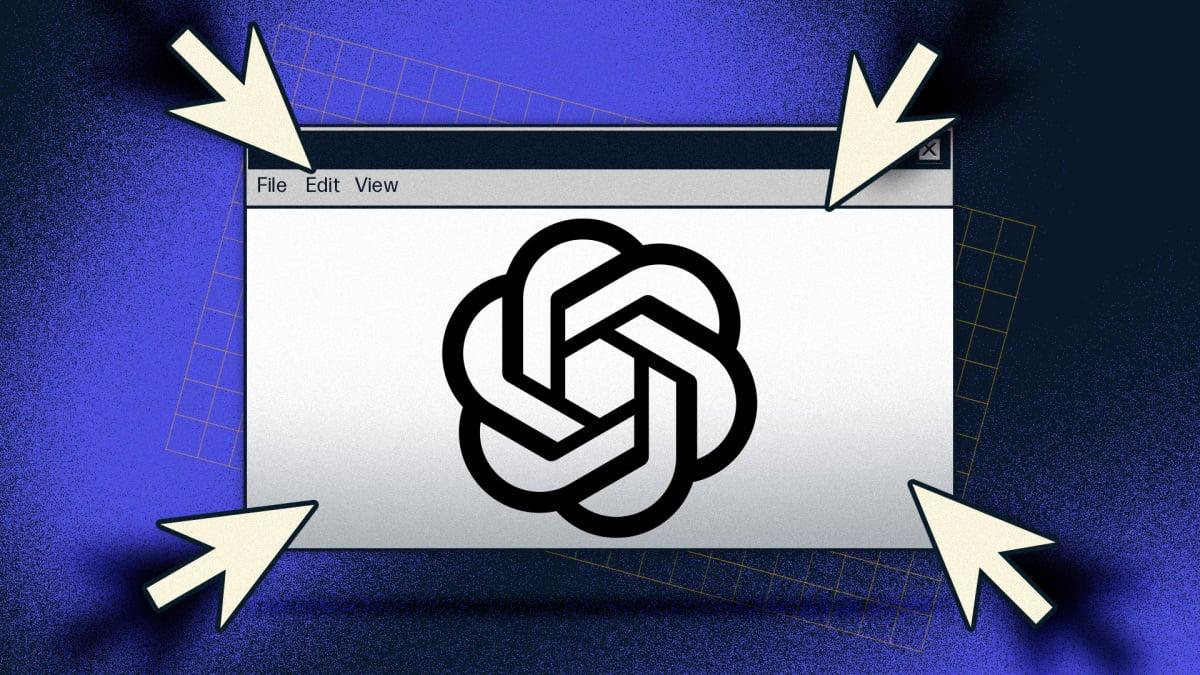This week, OpenAI announced that free users will now have access to the ChatGPT Memory feature, which remembers your past conversations to better answer your future prompts. But now, after a new judge's ruling, OpenAI has been ordered to remember all chats for all users — even the deleted ones.
The court order is the result of lawsuits against OpenAI brought by news organizations such as the New York Times. (Disclosure: Ziff Davis, Mashable’s parent company, in April filed a lawsuit against OpenAI, alleging it infringed Ziff Davis copyrights in training and operating its AI systems.)
In a May 13 ruling, United States Magistrate Judge Ona T. Wang, a federal judge in New York, ordered OpenAI to "preserve and segregate all output log data that would otherwise be deleted on a going forward basis until further order of the Court." (Emphasis in original ruling, as reported by ArsTechnica.)
Mashable Light Speed
While the ruling came weeks ago, the news has only recently come to light now that OpenAI is challenging the order. And according to ArsTechnica, OpenAI is now "demanding" oral arguments to block the judge's order.
The plaintiffs (the New York Times and other news organizations) argued that OpenAI could delete incriminating ChatGPT chat logs that could show, for example, ChatGPT users bypassing paywalls by asking the chatbot to summarize articles. For its part, OpenAI argues this is speculative.
In a court filing this week reported by Bloomberg, OpenAI lawyers argued the order would create a "substantial burden" and "require OpenAI to make significant changes to its data infrastructure." By forcing the company to preserve all deleted chats, the ruling could even require OpenAI to violate its own privacy policies. Per Bloomberg, OpenAI is ready to fight the "sweeping, unprecedented order."
If the new ruling stands, then ChatGPT users will have to assume that all of their conversations with the chatbot are now being preserved, raising serious privacy concerns for millions of people.






